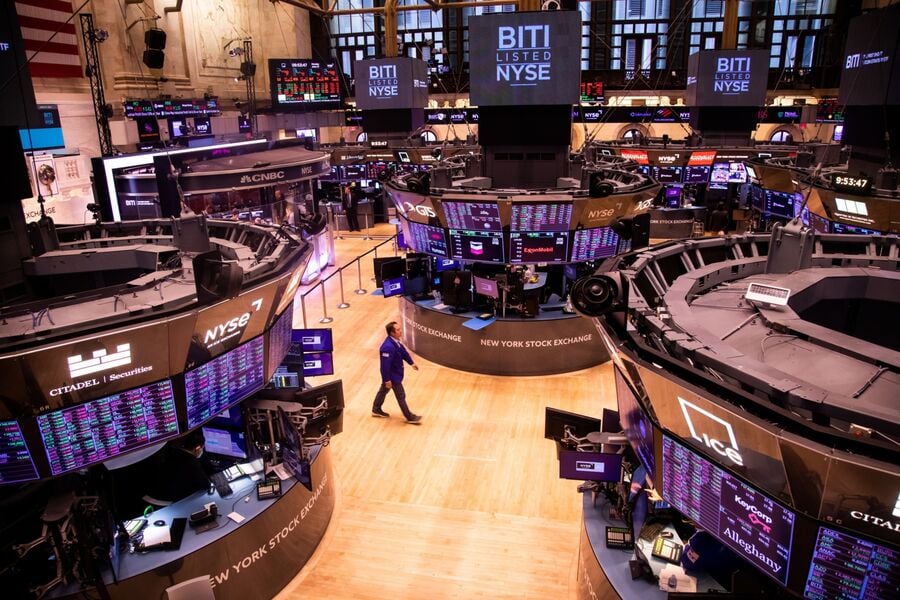

Goldman Sachs Group Inc., Morgan Stanley, JPMorgan Chase & Co. and UBS agreed to pay nearly $500 million to settle an antitrust class action by U.S. pension funds over the banks’ control of the market for stock loans used for hedging and short selling.
According to a Wednesday court filing by the pension funds in Manhattan federal court, the four banks agreed to pay $499 million and also cooperate in the litigation against Bank of America Corp., the sole remaining defendant. Credit Suisse last year agreed to pay $81 million to settle the claims against it.
Despite agreeing to settle, Goldman, Morgan Stanley, JPMorgan and UBS continue to deny any wrongdoing, according to the filing.
The plaintiffs, led by Iowa Public Employees’ Retirement System, asked U.S. District Judge Katherine Polk Failla to preliminarily approve the settlement as “fair, reasonable, and adequate.”
The 2017 lawsuit accused the major banks of colluding to hinder the development of all-electronic trading systems that match lenders and borrowers of stock. Banks typically locate shares that trading clients are looking to short and then loan them the stock, usually through their prime brokerage units. The suit focused on the banks’ participation in EquiLend, a joint-venture trading and clearing service. According to the pension funds, they used EquiLend as the forum for collusion.
EquiLend also joined in the settlement and agreed to a series of reforms that the plaintiffs believe will “materially decrease the likelihood of future collusion in the stock lending market,” the pension funds said in the filing.
“By facilitating the ability of the stock lending market to become more competitive and transparent, plaintiffs believe that these reforms generate significant value for both existing class members and future borrowers and lenders in the stock lending market,” the pension funds said in their filling.
Goldman, Morgan Stanley and UBS declined to comment on the proposed settlement. JPMorgan didn’t immediately respond to calls seeking comment after business hours. A lawyer for EquiLend also didn’t immediately respond to a request for comment.
The case is Iowa Public Employees Retirement System v. Bank of America Corp., 17-cv-6221, U.S. District Court, Southern District of New York (Manhattan).

Relationships are key to our business but advisors are often slow to engage in specific activities designed to foster them.

Whichever path you go down, act now while you're still in control.

Pro-bitcoin professionals, however, say the cryptocurrency has ushered in change.

“LPL has evolved significantly over the last decade and still wants to scale up,” says one industry executive.

Survey findings from the Nationwide Retirement Institute offers pearls of planning wisdom from 60- to 65-year-olds, as well as insights into concerns.
Streamline your outreach with Aidentified's AI-driven solutions
This season’s market volatility: Positioning for rate relief, income growth and the AI rebound
